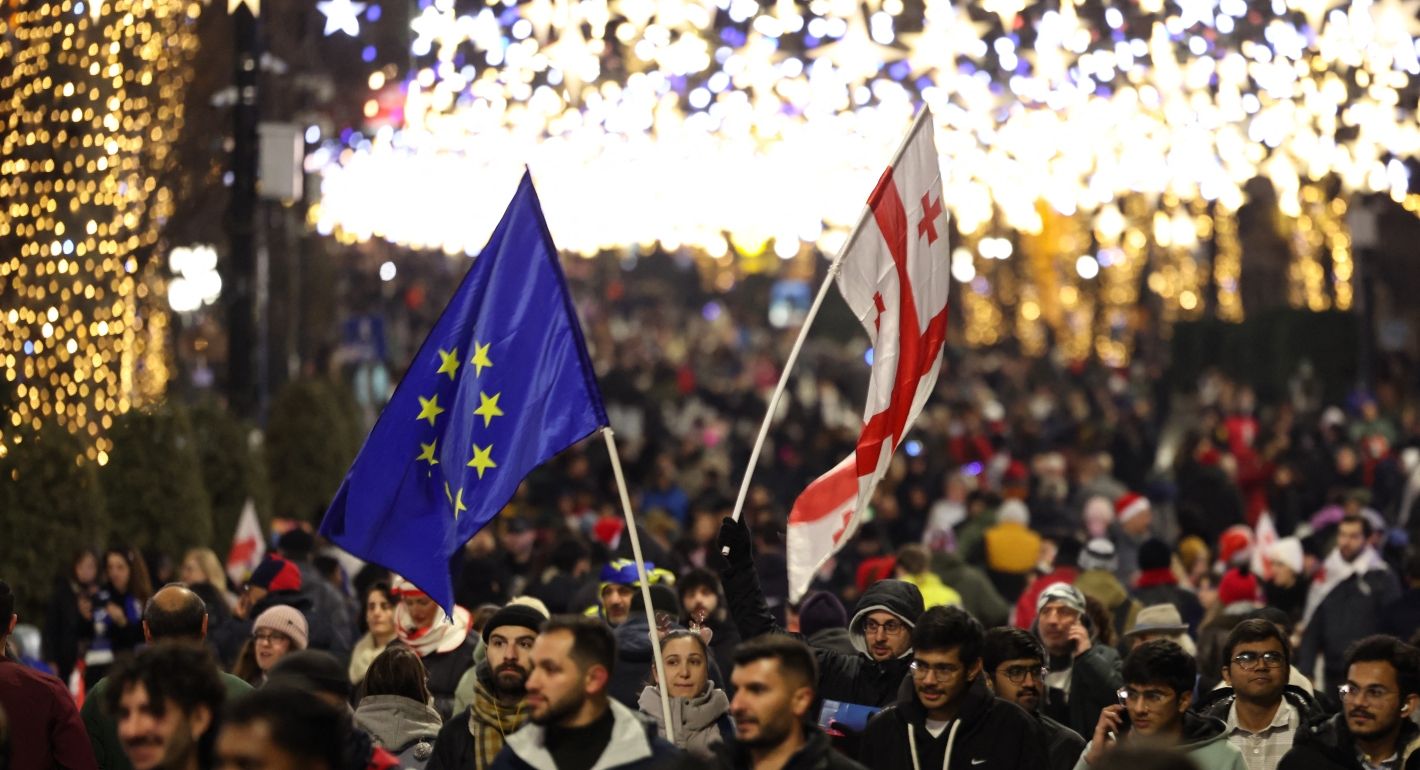In a complex geopolitical chess game, Vladimir Putin might be smiling behind closed doors as a bold move from the United States leaves the European Union’s sanctions plan in tatters. While the EU has long struggled to enforce economic measures against Russia, particularly after the annexation of Crimea, recent developments reveal that the U.S. has effectively derailed its punitive ambitions.
The EU’s Sanctions Dilemma
For years, the European Union has attempted to impose sanctions on Russia, aiming to curb Putin’s influence on the global stage. From targeting key individuals and sectors to freezing assets, the EU’s punitive scheme is designed to weaken the Russian economy and force Putin to the negotiating table. However, these measures have often faced resistance within the EU itself, with countries divided over their potential impact.
Some EU members rely heavily on Russian energy exports, while others are more invested in maintaining diplomatic ties with Moscow. The patchwork approach has created cracks in the EU’s unity, and these divisions have only grown deeper as the sanctions struggle to bring Russia to heel.
The US Intervenes – And Putin Smirks
Enter the United States, which has stepped in with its own geopolitical agenda. Washington has frequently used its influence to shape international sanctions against Russia, sometimes outpacing the EU’s efforts. However, the U.S. has also moved to undermine the EU’s economic strategies, particularly those aimed at Russia.
This has left the EU’s sanctions regime in a precarious position. While Brussels continues to propose new punitive measures, U.S. intervention has effectively undermined the EU’s ability to move forward with a cohesive strategy. In response, Putin has used this to his advantage. With the EU struggling to enforce its plan, Russia’s position has strengthened, especially in energy markets where it holds significant leverage.
How the US Is Undermining the EU’s Strategy
The US has long been an advocate for a tougher stance on Russia, but its influence on European economic policy can be seen as an attempt to redirect the course of international diplomacy. American decisions to impose secondary sanctions on companies doing business with Russia have complicated European trade relationships.
This, in turn, gives Putin the upper hand. As the EU faces pushback from its own member states and challenges from external powers, the Russian leader’s ability to navigate these sanctions has been significantly enhanced. Putin’s government is in a position to benefit from the fractured international landscape, with fewer coordinated efforts against its activities.
Putin’s Calculations
With sanctions from the EU not as robust as they could be, and the U.S. seemingly moving in contradictory directions, Putin’s position is looking increasingly stable. His government is using these opportunities to diversify its alliances, increase its economic ties with countries like China, and shore up its domestic support. The EU’s internal divisions and the U.S.’s unpredictable moves only add to the challenge of making Russia feel the weight of these sanctions.
In conclusion, while the European Union’s sanctions strategy against Russia is far from over, recent events show that Putin has been handed an unexpected advantage. With the U.S. actively disrupting the EU’s punitive measures, Putin’s geopolitical maneuvering looks set to continue unabated. Whether this ultimately shifts the balance of power remains to be seen, but for now, Putin’s rub of the hands seems more like a victory than a defeat.



